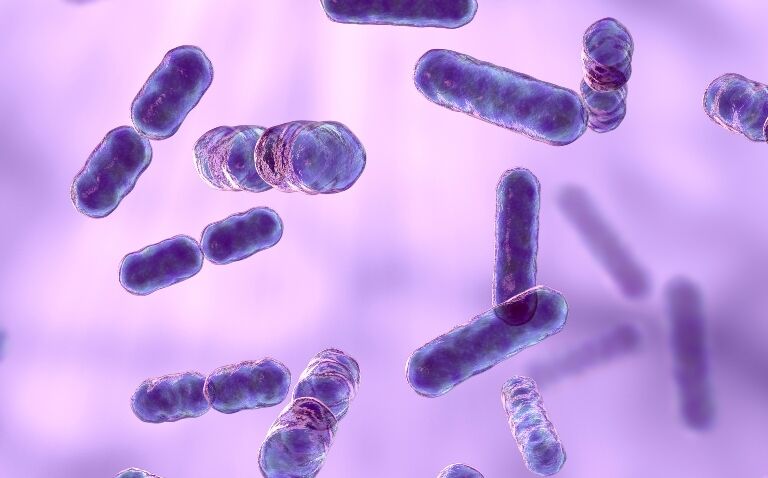The potential for detection of colorectal cancer based on an analysis of the variability in a patient‘s gut microbiome has been highlighted in a study presented at United European Gastroenterology (UEG) Week.
The findings come from the Dutch microbiome project, which is a large-scale studying involving 8,208 participants. Researchers analysed the gut microbiome of those who developed pre-cancerous colorectal lesions before faecal sampling between 2000 and 2015, in addition to those who developed such lesions following sampling between 2015 and 2022.
They then compared the results with samples taken from individuals with a normal colonoscopy, as well as exploring the range of bacterial species present and their function within the gut by reconstructing their genomes from metagenomic data.
The team identified that when compared to those who had a normal colonoscopy, individuals who developed colonic lesions after faecal sampling displayed a greater diversity in their gut microbiome. In addition, the composition and function of the microbes differed in those with pre-existing or future lesions based on the type of lesion.
In terms of the specific organisms, researchers identified that those from the family of Lachnospiraceae and the genera Roseburia and Eubacterium were linked with the future development of lesions.
Significant variation in the gut microbiome of individuals who developed pre-cancerous colorectal lesions offers another potential avenue to explore to enhance the detection and prevention of colorectal cancer.
Colorectal cancer and the gut microbiome
Commenting on the findings, study lead, Dr Ranko Gacesa, postdoctoral researcher at the University Medical Center Groningen in the Netherlands, said: ‘While we didn’t investigate mechanisms in this study, it is known from previous research that some of the bacterial species identified may have properties that could contribute to the development of colorectal lesions.
‘A bacterium called Bacteroides fragilis, for example, is known to produce a toxin that can lead to chronic low-grade inflammation in the gut. Prolonged inflammation is believed to be potentially genotoxic and carcinogenic, meaning it may cause genetic damage and promote cancer.’
In a discussion of the potential implications of the study findings, Dr Gacesa added: ‘The connection between the gut microbiome and pre-cancerous lesions has been underexplored, leaving uncertainty about whether gut bacteria can predict the future onset of colorectal cancer.
‘Our findings suggest that the microbiome could act as a valuable tool to improve existing tests, advancing early detection methods for pre-cancerous lesions and colorectal cancer.’
According to the World Health Organization, colorectal cancer is the third most common cancer and there were nearly two million cases and almost one million deaths in 2020, with a spike in diagnoses of the cancer at an advanced stage during the pandemic.
In addition, an increasing number of studies reveal how the progression of colorectal cancer is related to gut microbiome composition. In fact, the published literature related to the development of colorectal cancer has demonstrated that many bacteria affect tumour development and growth. It is also clear that gut microbiome can modulate the efficacy of conventional chemotherapy, through regulating cytotoxicity by participating in the metabolic process of anti-cancer drugs.










